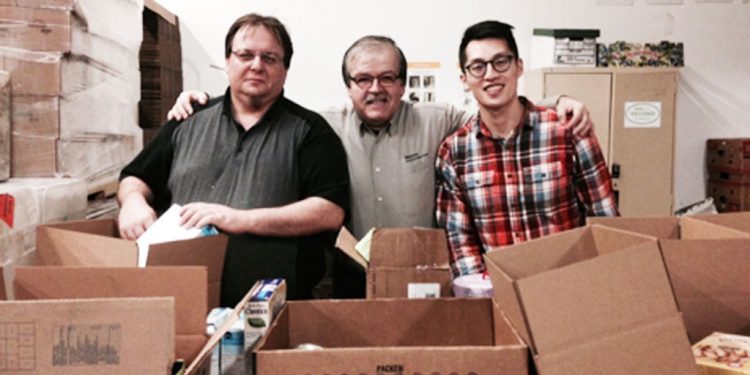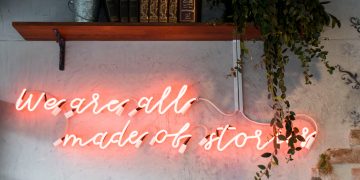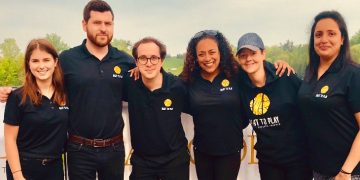Walter Kraus the VP, Environment & Corporate Sustainability of Weston Foods

CSR Expert Series: From working the midnight shift as a Sanitation Supervisor to the Vice President, Environment & Corporate Sustainability at Weston Foods (the company is responsible for many brands including artisan ACE Bakery), Walter Kraus has had quite the career. A CSR leader and a 26 year ‘sustainability warrior’, Walter’s story reminds us that patience, persistence and a strong work ethic are critical components to career success. We love his advice about finding a CSR job when there isn’t one; find a company that shares your values and get a foot in the door. A believer in sustainability in the supply chain, we can’t wait to see what he does next.
When did you know you wanted to work in sustainability field and how did your previous life or work experience prepare you?
I was schooled as a chemical engineer, with a focus on food engineering and nuclear science. My Bachelor’s Thesis work was in nuclear science, but it had an environmental component that would serve as a link to my future role in business. Upon graduating, I had a brief contract to build a wastewater solidification system for a small waste management company. I then entered the food processing field, working for a large multinational, in the role of a midnight shift sanitation supervisor. Not exactly related to my educational background, but I was about to get married, so a job was needed. I quickly advanced to a role in Production and then Engineering.
After 2 years, I moved on to another large food processor, George Weston Limited and their Weston Foods division, where I was a Production Supervisor, Group Engineer and Plant Manager. Weston Foods was just embarking on their environmental compliance journey and I was responsible for the environmental reporting at my location. Truth be told, I was pretty good at it.
When the role of Manager, Environmental Affairs came up, I was the successful candidate. As corporate social responsibility began to take hold in the food processing industry, it became a natural extension of my role,.
When I began in the role of an Environmental Manager, there was little practical and relevant reference material available for the food processing sector, so the research skills I developed through engineering school helped me develop my own training programs. I was also patient enough to find a role that I could contribute to.
When I began in the role of an Environmental Manager, there was little practical and relevant reference material available for the food processing sector, so the research skills I developed through engineering school helped me develop my own training programs. I was also patient enough to find a role that I could contribute to.
How did you get your current job?
I started on the “reporting end” for our company Environmental Program, became proficient at it and was able to transition into the “management end” when the opportunity arose. Over 26 years, I was able to advance the program and transition the business into a focus on CSR.
Can you describe your job in a nutshell and what a typical day is like?
We have 44 manufacturing locations throughout North America. I have 3 staff – a Director of Environment, an Energy Management Engineer and a CSR Coordinator. That’s a lot of territory to cover, so part of my day involves supporting my staff to ensure that they can meet their objectives. Reading and researching is a daily activity, as well, as part of my role is to “look around the corner” to see what may be on the horizon. Data management (we are embarking on a GRI reporting initiative) and responding to customer information requests generally makes up the balance of my day.
What advice would you give to someone looking to get a job like yours one day?
Find a company that shares your values and get your foot in the door. If you cannot get a direct role in CSR, then find a role where you can contribute or even blaze a trail.
Find a company that shares your values and get your foot in the door.
What can you identify as the biggest opportunity in your sector right now?
The biggest opportunity in my sector is developing a sustainable supply chain. Working with Procurement to go beyond our Tier I suppliers to map our supply chain. Developing sustainable sourcing protocols.




No Comment